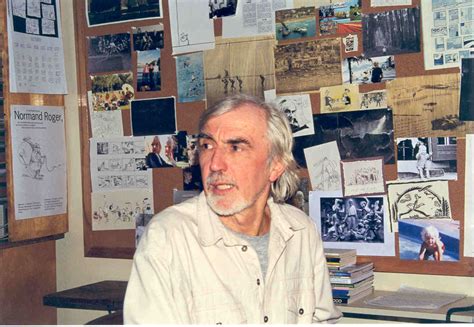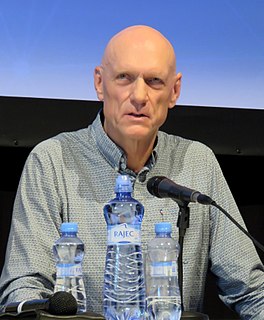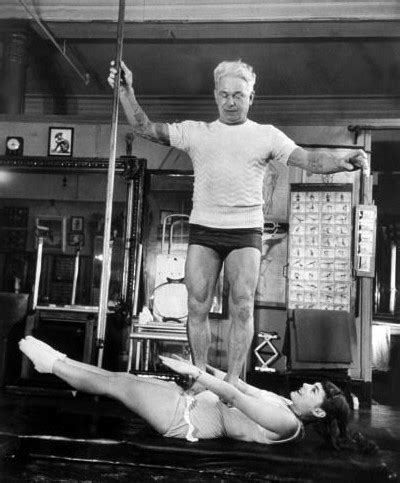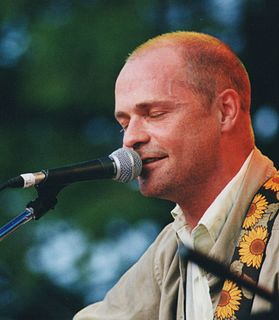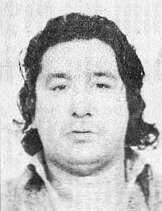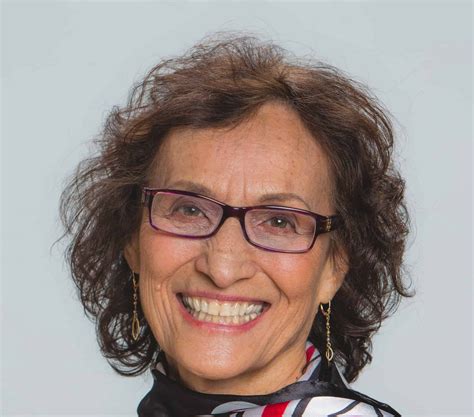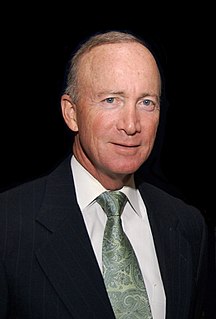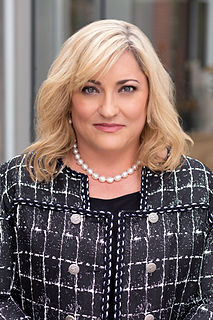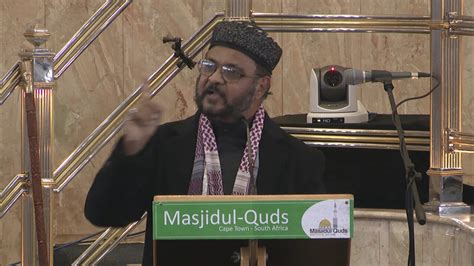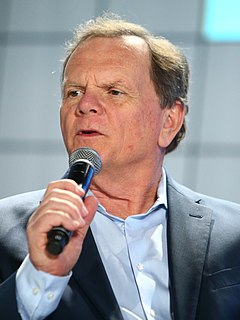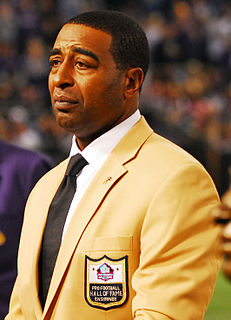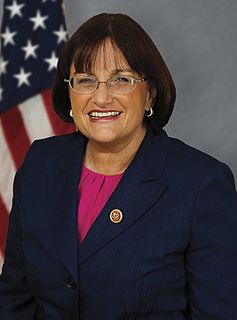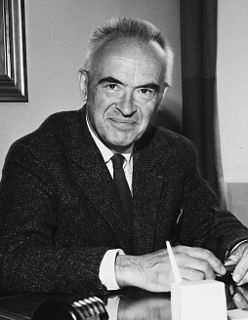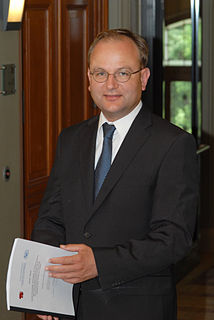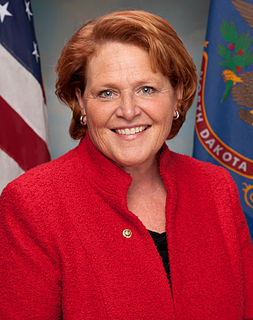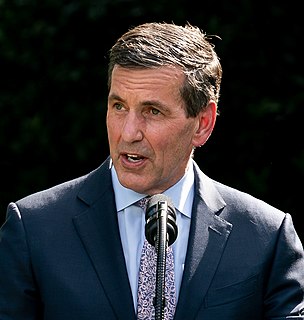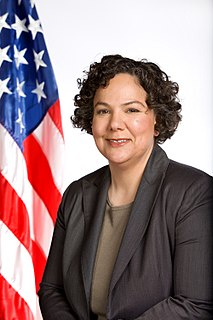Top 1200 Environmental Health Quotes & Sayings - Page 3
Explore popular Environmental Health quotes.
Last updated on October 8, 2024.
Imposing excessive new regulations, or closing coal-fired power plants, would produce few health or environmental benefits. But it would exact huge costs on society - and bring factories, offices and economies to a screeching halt in states that are 80-98% dependent on coal: Indiana, Kentucky, Missouri, North Dakota, Ohio, Utah, West Virginia and Wyoming.
We must alert and organise the world's people to pressure world leaders to take specific steps to solve the two root causes of our environmental crises - exploding population growth and wasteful consumption of irreplaceable resources. Overconsumption and overpopulation underlie every environmental problem we face today.
But no matter how big the effort to push a propaganda line might be, climate change is bigger. This, undoubtedly and regrettably, is the biggest immediate long-term environmental challenge we face. A failure to concretely come to some policy outcome on climate change has not only a negative environmental impact but also social and economic consequences for us.
As currently written, the laws require certain manufacturers and users of such chemicals to report any and all environmental releases-either accidental or routine-to air, water, or soil. The Toxics Release Inventory is the main registry of such events, and it is available to the public through the Environmental Protection Agency. It is hardly comprehensive. Toxic emissions reported to the federal government are thought to account for only 5 percent of all chemical releases.
We think the problem is out there, when the problem is really in here - who we are and how we experience the world around us. The acoustic ecologist listens, as the primary sense, to the world around us, and I believe that they have a significant contribution to make to all environmental groups who think that they're solving environmental problems, when we're actually all on a spiritual pilgrimage.
Although a government study found that men's health was much worse than women's health or the health of any minority group, headlines around the country read: 'Minorities Face Large Health Care Gap.' They did not say: 'Men Face Large Health Care Gap.' Why? Because we associate the sacrifice of men's lives with the saving of the rest of us, and this association leads us to carry in our unconscious an incentive not to care about men living longer.
It is a written fact that our people had warned of all these consequences of wrongful environmental behavior since our very first contact with the non-Indians. There was a time when our elders used to say to us, "You can't function with one foot in the white man's canoe and one foot in the Indian's canoe." With these extreme environmental concerns taking place on the earth, mankind is all in the same boat. Or better be.
To the greatest extent possible, I try to make choices that involve the least amount of cruelty and environmental damage. I'm interested in sustainable agriculture, environmental issues, human rights, and my interconnectedness in the web of life. It is a great pleasure for me to find products and practices that have a positive effect on living beings and the environment, rather than a negative one.
In 2009, when I was Health Minister, we re-engineered our business processes to examine the weaknesses and opportunities in our health system. Following that exercise, we established a public health emergency management system from national to district level to prevent and provide rapid response to outbreaks.
In the United States, the Constitution is a health chart left by the Founding Fathers which shows whether or not the body politic is in good health. If the national body is found to be in poor health, the Founding Fathers also left a prescription for the restoration of health called the Declaration of Independence.
My colleagues from the Department of Health Behavior and Health Education are working on participatory public health initiatives in Michigan, and there is much that we can learn from each other. In fact it is essential that we strengthen efforts to learn from each other, and stop considering public health in the third world and in the U.S. as separate intellectual and practical endeavors.
The environmental crisis is somber evidence of an insidious fraud hidden in the vaunted productivity and wealth of modern, technology-based society. This wealth has been gained by rapid short-term exploitation of the environmental system, but it has blindly accumulated a debt to nature-a debt so large and so pervasive that in the next generation it may, if unpaid, wipe out most of the wealth it has gained us.
The health of a society is truly measured by the quality of its concern and care for the health of its members . . . The right of every individuals to adequate health care flows from the sanctity of human life and that dignity belongs to all human beings . . . We believe that health is a fundamental human right which has as its prerequisites social justice and equality and that it should be equally available and accessible to all.
Global warming is not only the number one environmental challenge we face today, but one of the most important issues facing all of humanity... We all have to do our part to raise awareness about global warming and the problems we as a people face in promoting a sustainable environmental future for our planet.
A yogi never forgets that health must begin with the body. . . .Physical health is not a commodity to be bargained for. Nor can it be swallowed in the form of drugs and pills. . . .
It is something that we must build up. You have to create within yourself the experience of beauty, liberation, and infinity. This is health.
The Environmental Protection Agency's first-ever limits on carbon pollution from power plants will create clean- energy jobs, improve public health, bring greater reliability to our electric power grid, bolster our national security, demonstrate the United States' resolve to combat climate change and maybe even reduce our utility bills.
Economic growth and environmental preservation are two sides of the same coin. There's no better illustration of that point than the California Clean Tech Open, which challenges California entrepreneurs to bring new, clean technologies to market. I encourage business leaders, policy makers, and environmental advocates to support this innovative, exciting competition.
The concept of national sovereignty has been an immutable, indeed sacred, principle of international relations. It is a principle which will yield only slowly and reluctantly to the new imperatives of global environmental cooperation. It is simply not feasible for sovereignty to be exercised unilaterally by individual nation states, however powerful. The global community must be assured of environmental security.
Professionalism is environmental. Amateurism is anti environmental. Professionalism merges the individual into patterns of total environment. Amateurism seeks the development of the total awareness of the individual and the critical awareness of the ground rules of society. The amateur can afford to loose.
Money has, as we know, no value in itself. It is a convenient yardstick for a large number of material values. But the health and life of an individual as well as the health of a nation cannot be measured by that yardstick. If we, entrusted with protecting and defending the health of the population, give in to a salesman's scale of values we are lost.
Can we disregard the growing phenomenon of "environmental refugees", people who are forced by the degradation of their natural habitat to forsake it - and often their possessions as well - in order to face the dangers and uncertainties of forced displacement? Can we remain impassive in the face of actual and potential conflicts involving access to natural resources? All these are issues with a profound impact on the exercise of human rights, such as the right to life, food, health and development.
We Americans, or half of Americans, think health care is a commodity. Other countries view health care as a social service that should be collectively financed and available to everyone on equal terms. My wife and I just interviewed the German minister of health, and it was an exhilarating experience, because it was a totally different language. It was obviously important that everyone should have the same deal in health care.
First of all, developed countries have basically expropriated the atmosphere of the world community. But one must say clearly that we redistribute de facto the world's wealth by climate policy. Obviously, the owners of coal and oil will not be enthusiastic about this. One has to free oneself from the illusion that international climate policy is environmental policy. This has almost nothing to do with environmental policy anymore.
For decades, I thought that scientific truth, solid economic case studies, and common sense were enough to bring about change on the environmental front. After all, the data is so compelling! I thought that if people just understood the severity of today's environmental threats and knew about available solutions, those solutions would happen. Not so.
Millions of people around the world suffer daily from the harmful health and environmental impacts caused by indoor cooking fires and inefficient cookstoves. Together with the Global Alliance on Clean Cookstoves, we are taking action to address this critical problem and to promote a cleaner, healthier environment. I am pleased to celebrate the launch of this Alliance and proud to say that agencies from across the U.S. Federal Government will continue to play an important role in this initiative.

